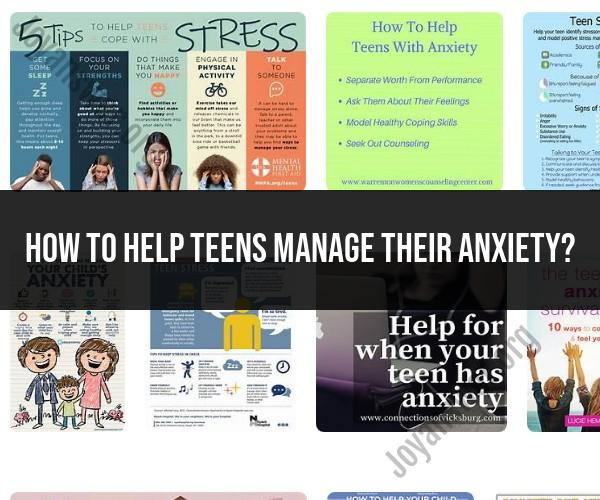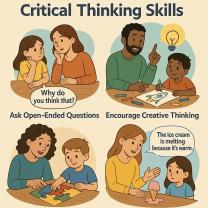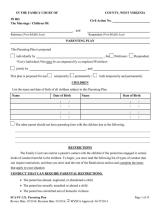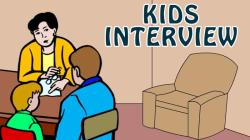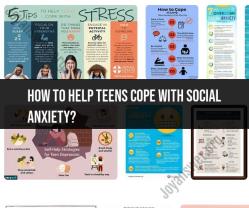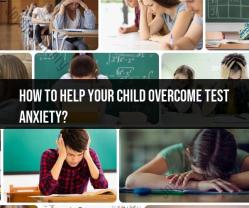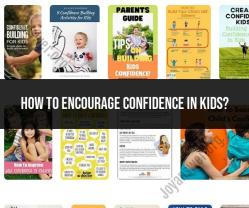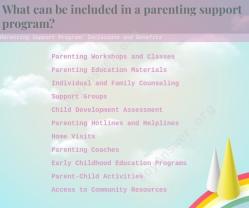How to help teens manage their anxiety?
Helping teens manage anxiety involves a combination of strategies and support systems. Anxiety is a common issue among adolescents, and addressing it effectively can make a significant difference in their well-being. Here are some strategies to assist teens in managing anxiety:
Open Communication: Create a safe and non-judgmental space for teens to express their feelings and concerns. Encourage them to talk about what triggers their anxiety and how it affects them.
Educate About Anxiety: Help teens understand what anxiety is and how it can manifest both physically and emotionally. Provide information on the fight-or-flight response and normal stress reactions.
Breathing and Relaxation Techniques: Teach teens deep breathing exercises and relaxation techniques. Breathing slowly and deeply can help reduce physical symptoms of anxiety.
Mindfulness and Meditation: Introduce mindfulness and meditation practices. These techniques can improve emotional regulation and reduce anxiety. There are many apps and resources available to assist with this.
Encourage Healthy Lifestyle Habits: Promote regular exercise, a balanced diet, and adequate sleep. These are essential for managing stress and anxiety.
Time Management and Organizational Skills: Help teens learn effective time management and organizational skills to reduce the feeling of being overwhelmed by responsibilities.
Set Realistic Goals: Encourage teens to set realistic and achievable goals. Breaking tasks into smaller steps can make them feel more manageable.
Challenge Negative Thoughts: Teach teens to recognize and challenge negative or irrational thoughts that contribute to anxiety. Cognitive-behavioral therapy (CBT) techniques can be particularly helpful for this.
Limit Screen Time and Social Media: Excessive screen time and social media use can exacerbate anxiety. Encourage teens to take breaks from screens and engage in face-to-face social interactions.
Establish Healthy Routines: Consistent routines can provide a sense of stability and predictability, which can help reduce anxiety.
Encourage Hobbies and Interests: Support teens in pursuing hobbies and activities they enjoy. Engaging in enjoyable activities can serve as a healthy distraction from anxiety.
Seek Professional Help: If anxiety is severe or interfering with daily life, consider seeking the assistance of a mental health professional, such as a therapist or counselor, who specializes in working with adolescents. They can provide targeted interventions and coping strategies.
Involve Family: Include parents and family members in the process of helping teens manage anxiety. Family support is essential, and parents can learn strategies to support their anxious teens effectively.
Promote Peer Support: Encourage teens to connect with friends and peers who may be experiencing similar challenges. Peer support can be invaluable.
Model Coping Strategies: Model healthy coping strategies for managing stress and anxiety in your own life. Adolescents often learn by observing adults.
Remember that each teen is unique, and what works for one may not work for another. It's important to tailor your approach to their individual needs and preferences. Additionally, if anxiety is severe or persistent, professional guidance is crucial to ensure the teen receives appropriate treatment and support.
Empowering Adolescents: Guidance for Parents on Managing Teen Anxiety
Teen anxiety is a common problem that can significantly impact a child's life. Anxiety can lead to a variety of problems, including academic difficulties, social withdrawal, and physical health problems.
Parents can play an important role in helping their teens manage anxiety. Here are some tips:
- Educate yourself about anxiety. The more you know about anxiety, the better equipped you will be to help your teen.
- Talk to your teen about anxiety. Let them know that it is normal to feel anxious sometimes, and that there are things you can do to help.
- Help your teen to develop coping skills. There are a variety of coping skills that can be helpful for managing anxiety, such as relaxation techniques, deep breathing, and positive self-talk.
- Encourage your teen to seek professional help if needed. If your teen's anxiety is severe or is interfering with their daily life, they may need to see a therapist or counselor.
Techniques for Teens: Self-Help Strategies to Manage Anxiety
Teens can also take steps to manage their anxiety on their own. Here are some tips:
- Identify your triggers. What are the things that typically make you feel anxious? Once you know your triggers, you can start to develop strategies for avoiding them or coping with them in a healthy way.
- Challenge your anxious thoughts. When you start to feel anxious, ask yourself if your thoughts are realistic. Are you jumping to conclusions or catastrophizing? Try to replace your anxious thoughts with more realistic and positive thoughts.
- Practice relaxation techniques. There are a variety of relaxation techniques that can be helpful for managing anxiety, such as deep breathing, meditation, and progressive muscle relaxation.
- Get regular exercise. Exercise is a great way to reduce stress and anxiety. Aim for at least 30 minutes of moderate-intensity exercise most days of the week.
- Get enough sleep. When you're well-rested, you're better able to cope with stress and anxiety. Aim for 7-9 hours of sleep each night.
A Collaborative Approach: How Parents Can Assist Teens in Overcoming Anxiety
Managing teen anxiety is best done as a collaborative effort between parents and teens. Here are some tips for parents:
- Be supportive and understanding. Let your teen know that you are there for them and that you want to help.
- Encourage your teen to talk about their anxiety. This can help them to feel less alone and more understood.
- Help your teen to develop coping skills. Teach them relaxation techniques, problem-solving skills, and other strategies for managing their anxiety.
- Be patient and consistent. It takes time and effort to overcome anxiety. Don't get discouraged if your teen doesn't see results immediately.
If you are concerned about your teen's anxiety, talk to their doctor or a mental health professional. They can provide you with more information and support.
